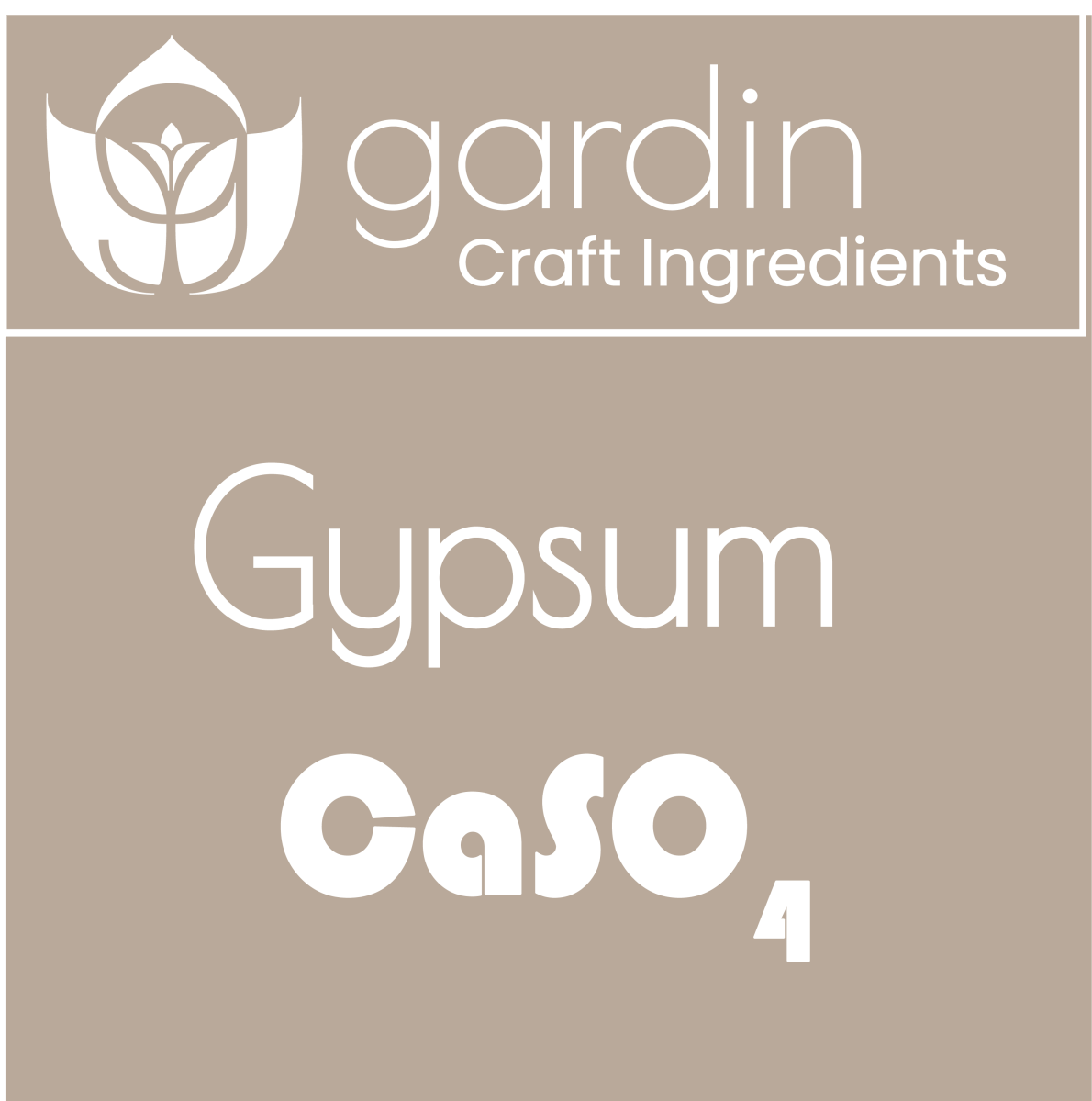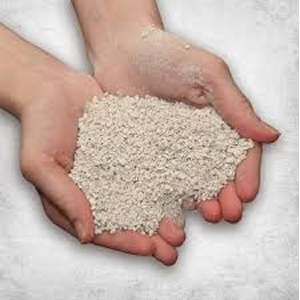Gypsum, also known as calcium sulfate dihydrate (CaSO4·2H2O), is a soil amendment commonly used in agriculture and gardening to improve soil structure and promote plant growth. Gypsum benefits plants and soils in several ways:
-
Improves Soil Structure: Gypsum helps to flocculate or bind together clay particles in the soil. This process is known as flocculation. In soils with high clay content, individual clay particles can become compacted, leading to poor drainage and aeration. Gypsum's ability to promote flocculation improves soil structure by forming larger aggregates or clumps of soil particles. This results in improved water infiltration, root penetration, and air circulation in the soil, all of which are essential for healthy plant growth.
-
Enhances Root Growth: Improved soil structure, with better aeration and drainage, promotes healthier root development. Plant roots can penetrate the soil more easily, access oxygen, and absorb water and nutrients more efficiently when gypsum is applied.
-
Reduces Soil Erosion: Gypsum can help reduce soil erosion by stabilizing soil particles. It binds soil particles together, making them less susceptible to erosion by wind or water. This is particularly beneficial in areas prone to erosion, where maintaining topsoil is essential for plant growth.
-
Addresses Sodium Problems: Gypsum is effective in mitigating soil problems associated with high sodium levels. In soils with excess sodium, a condition known as sodicity, gypsum displaces sodium ions from soil exchange sites, improving the soil's structure and making it more suitable for plant growth.
-
Ameliorates Alkaline Soils: In alkaline soils (high pH), gypsum can help lower the pH slightly, making the soil more suitable for a broader range of plants. While it's not as effective as other acidifying agents like sulfur, gypsum can have a beneficial influence on mildly alkaline soils.
-
Supplies Calcium: Gypsum is a source of calcium, which is an essential nutrient for plant growth. Calcium plays a crucial role in cell wall formation, nutrient uptake, and enzyme activation. Applying gypsum can help ensure an adequate supply of calcium to plants, especially in soils that may be deficient in this nutrient.


